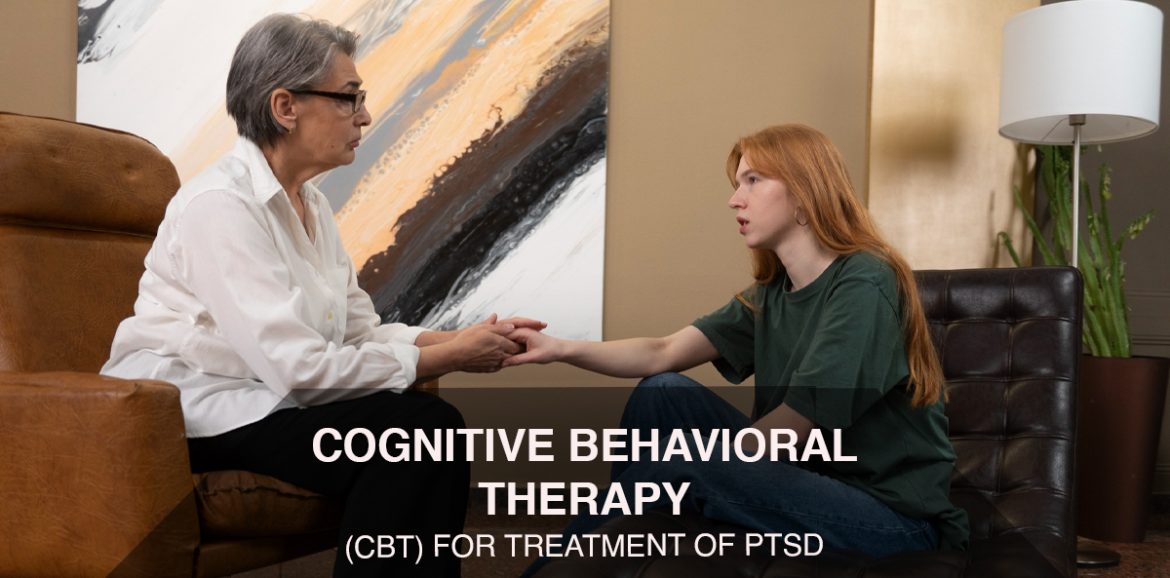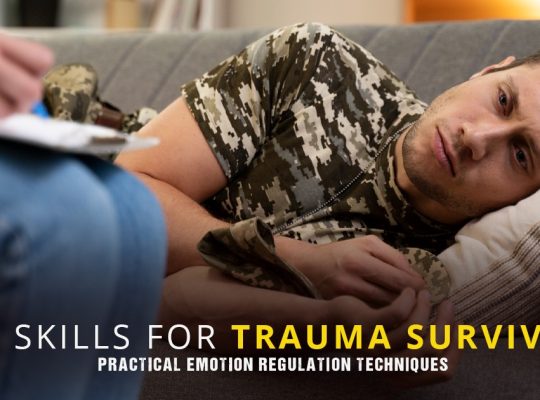Experiencing trauma can leave lasting marks on your mental health, sometimes developing into PTSD. For many, the aftermath of trauma manifests as flashbacks, severe anxiety, nightmares, or difficulty coping with daily life. Healing from such experiences is not just about time; it requires professional guidance and evidence-based methods. At the Atx trauma therapy center, we specialize in delivering compassionate care through proven therapeutic approaches. One of the most effective treatments for PTSD is Cognitive Behavioral Therapy (CBT), and our team ensures each client receives tailored care for lasting recovery.
Understanding Cognitive Behavioral Therapy (CBT)
Cognitive Behavioral Therapy is a structured, goal-oriented psychotherapy designed to help individuals recognize and change negative thought patterns that contribute to emotional distress. In the context of PTSD, CBT helps clients process traumatic experiences safely and develop healthier coping mechanisms.
Here’s why CBT is highly effective for PTSD:
- Identifies harmful thought patterns: Clients learn to recognize distortions in thinking related to their trauma.
- Develops coping strategies: CBT teaches practical skills to manage anxiety, intrusive memories, and emotional triggers.
- Reduces avoidance behaviors: Many individuals with PTSD avoid reminders of trauma; CBT gently addresses these behaviors to restore daily functioning.
- Structured and measurable: Progress is trackable, giving clients clear markers of improvement.
How CBT Works for PTSD
CBT for PTSD at the Atx trauma therapy center follows evidence-based techniques to ensure safety and efficacy:
- Psychoeducation: Clients understand the nature of PTSD and how trauma affects thoughts, feelings, and behaviors.
- Cognitive restructuring: The therapy targets negative beliefs about oneself, the world, and safety, replacing them with balanced, realistic perspectives.
- Exposure therapy integration: Gradual and controlled exposure to trauma-related triggers helps reduce anxiety and avoidance.
- Skill-building exercises: Relaxation techniques, mindfulness, and emotional regulation strategies enhance daily resilience.
Our team customizes these steps to each client’s experiences, ensuring personalized care that fosters recovery.
Advantages of Receiving CBT at ATX trauma therapy center
Choosing the ATX trauma therapy center for CBT means receiving more than standard therapy. Our clients benefit from:
- Expert trauma-focused therapists: Licensed professionals trained in trauma-informed care ensure safety and empathy.
- Personalized treatment plans: Each client receives a plan designed specifically for their trauma history and coping needs.
- Holistic support: Our therapists integrate complementary methods to support mental and emotional well-being.
- Flexible sessions: Virtual or in-person options make therapy accessible and convenient for every client.
- Commitment to results: We focus on measurable improvements and sustainable recovery outcomes.
Signs CBT Could Help You
If you’re struggling with PTSD, CBT might be the right choice if you experience:
- Recurring distressing memories or flashbacks of traumatic events
- Nightmares related to trauma
- Emotional numbness or detachment from loved ones
- Heightened anxiety or irritability
- Avoidance of reminders of trauma
At Atx trauma therapy center, we assess these symptoms comprehensively to tailor a plan that best addresses your unique needs.
Why Professional Guidance Matters
Attempting to self-manage trauma can worsen symptoms or delay recovery. Professional care ensures that you:
- Receive safe, structured interventions
- Address trauma without re-traumatization
- Develop sustainable coping strategies
- Gain support from licensed, experienced therapists
By choosing the Atx trauma therapy center, you entrust your recovery to professionals who combine empathy, expertise, and evidence-based therapy.
FAQs
1. How long does CBT treatment for PTSD usually take?
Treatment length varies by individual, but most clients see significant improvement after 12–20 sessions with consistent participation.
2. Is CBT painful or uncomfortable?
CBT involves confronting difficult memories, but therapists at Atx trauma therapy center ensure a safe, controlled environment to minimize distress.
3. Can CBT be combined with other therapies?
Yes, we integrate CBT with other trauma-focused methods when appropriate to enhance recovery outcomes.
4. How soon can I expect results from CBT?
Many clients notice emotional improvements within a few sessions, though complete healing is gradual and personalized.
5. Is CBT suitable for all types of trauma?
CBT is adaptable for diverse trauma experiences, and our team customizes treatment to match each client’s specific needs.
For those seeking effective PTSD treatment, Atx trauma therapy center offers unparalleled care with proven results. Don’t let trauma dictate your life. Take the step toward healing today and schedule your personalized CBT session with Atx trauma therapy center, where your recovery and resilience are our highest priority.






